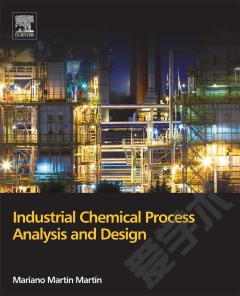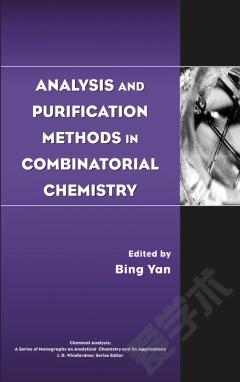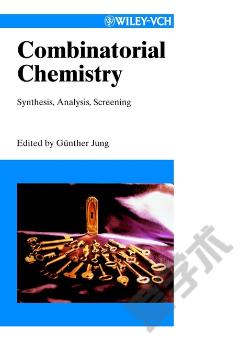Analysis and Synthesis of Chemical Process Systems
The methods used by chemists and chemical engineers for the conception, design and operation of chemical process systems have undergone significant changes in the last 10 years. The most important of modern computer-aided techniques are process analysis and process system synthesis, both of which are closely related. The first part of the book presents the principles of model building, simulation and model application. On the basis of an appropriate set of hierarchical levels of chemical systems, the general strategy of analysis by deterministic and statistical methods is treated. The second part deals with process system synthesis beginning with reaction path analysis. One of the major features of this part are new methods for the synthesis of reactor networks, separation sequences, heat-exchanger systems and entire chemical process systems by a combined procedure of heuristic rules and fuzzy set algorithms. This procedure, which is known as knowledge engineering, is an efficient combination of human creativity and theoretically based knowledge. This book, which is illustrated by examples, should prove extremely useful as a text for a senior/graduate course for students of chemistry and chemical engineering and will also be invaluable for chemists and chemical engineers in research and industry, and specialists dealing with the analysis and synthesis of process systems.
{{comment.content}}








 京公网安备 11010802027623号
京公网安备 11010802027623号